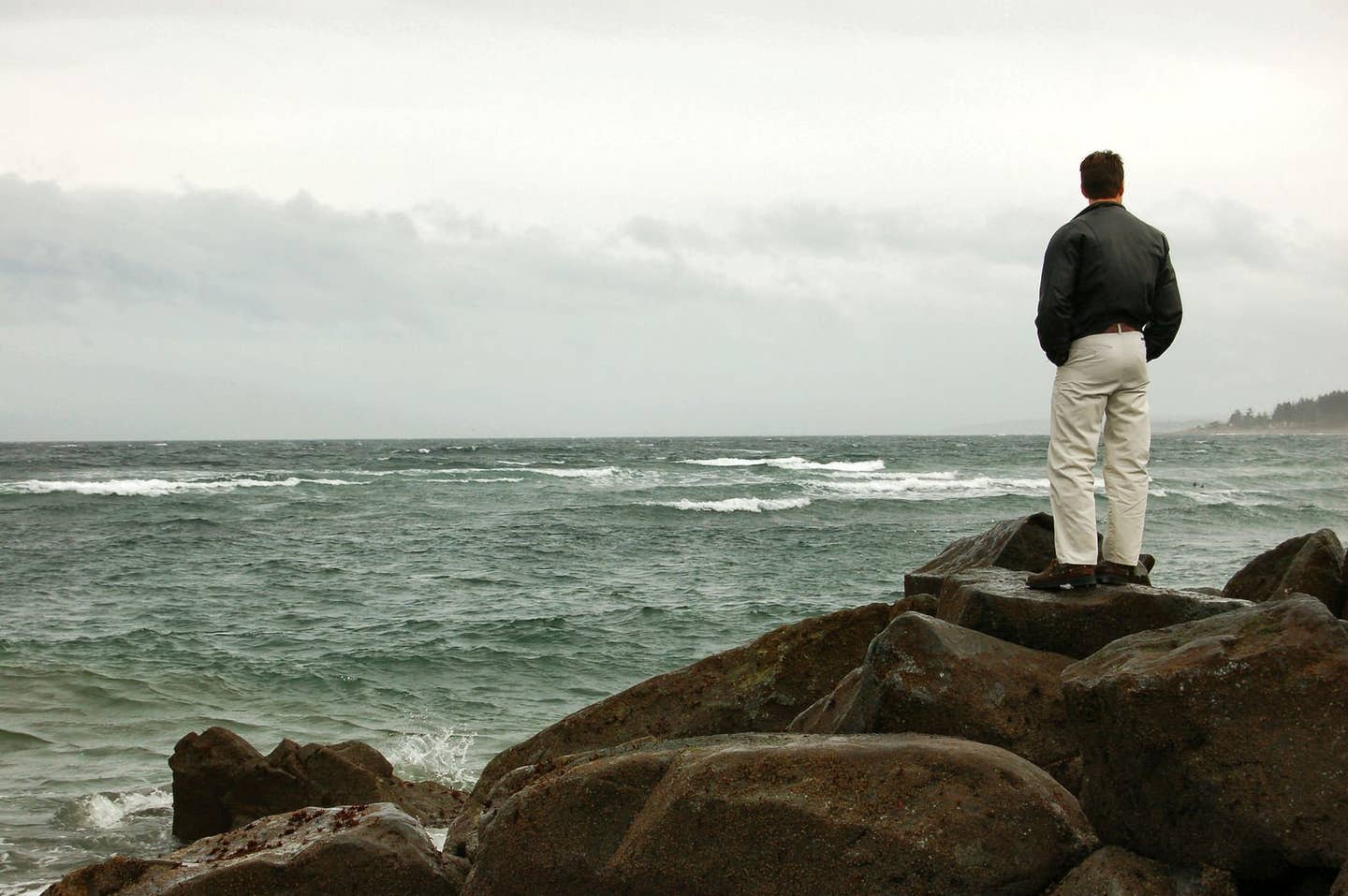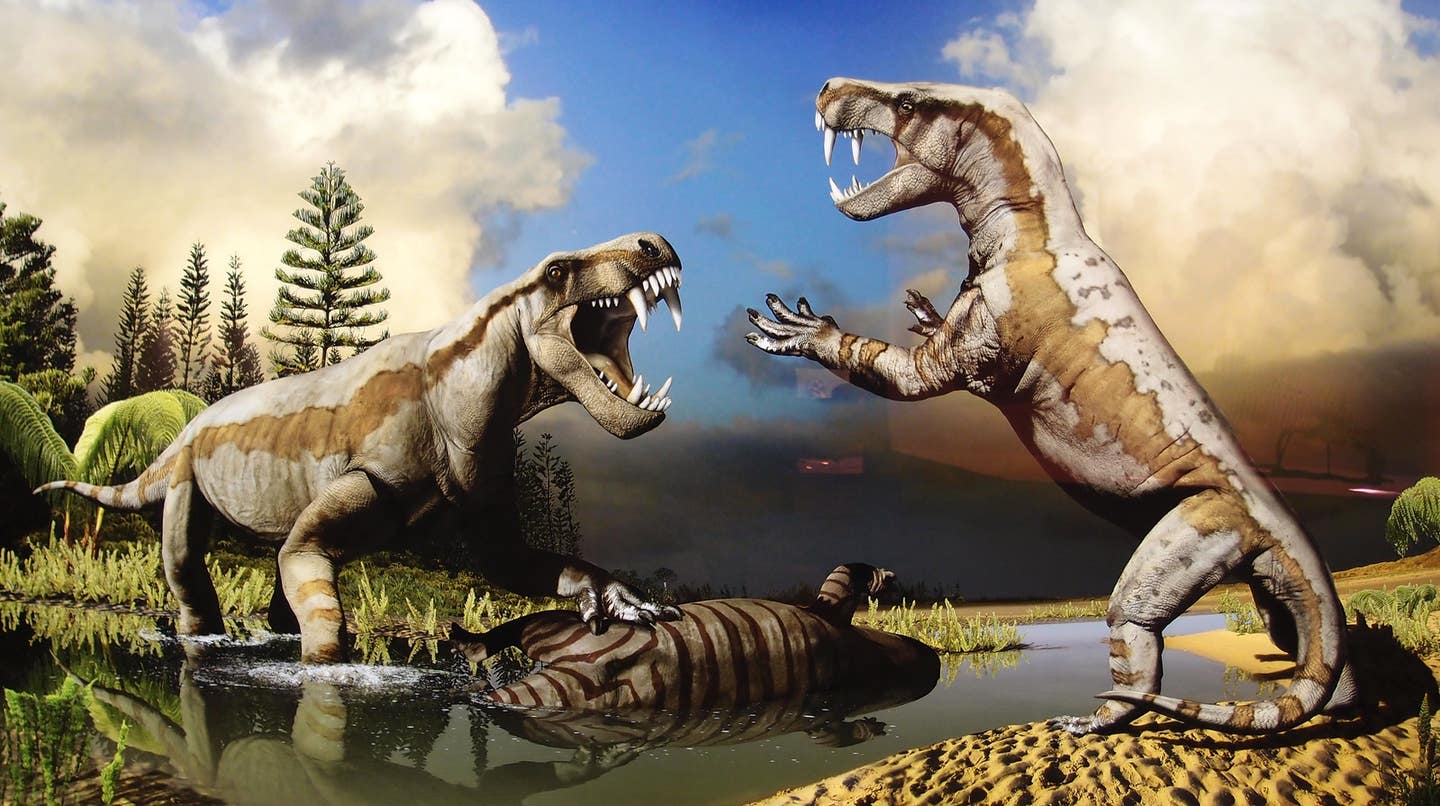Our ‘marine identity’ can help restore the ocean
New research reveals how marine identity, rooted in our deep connection with the ocean, can drive conservation efforts and foster marine citizenship.

Research led by Dr. Pamela Buchan from the University of Exeter highlights a critical aspect of how we connect with the ocean: marine identity. This concept, built on people’s deep personal ties to the seas, can reshape our relationship with marine environments.
A diverse international team of marine researchers and practitioners gathered to explore this notion, drawing insights from testimony and photographs across various countries.
Participants in this discussion hailed from regions such as Europe, Africa, Indonesia, North America, and Australasia. The group included key figures like Diz Glithero of the Canadian Ocean Literacy Coalition and Dr. Emma McKinley from Cardiff University, both of whom played central roles in organizing the workshop.
Through their dialogue, common themes emerged, including the way traditions, customs, and everyday activities rely on the ocean for livelihoods, recreation, health, and sustenance. Many communities have shared a long-standing dependence on the ocean that continues to shape their identity today.
However, not every community's connection to the ocean is a positive one. Some face devastating impacts from extreme weather events, which can redefine their relationship with the sea in a more harmful way.
The group’s discussions resulted in an agreed-upon definition of marine identity: “An identity rooted in how the ocean as a place supports the sense of self.” This marks the first time such a definition has been reached on an international and cross-cultural scale. It was a significant step in establishing a broader understanding of what marine identity means to people around the world.
Related Stories
Dr. Buchan, a researcher focused on marine social science, explained the urgency behind their findings. She pointed to Challenge 10 of the United Nations Decade of Ocean Science for Sustainable Development (2021-2030), which calls for restoring humanity’s connection with the ocean.
“Identity drives people more than values,” Buchan noted. “People react strongly to anything that threatens their sense of self.” This insight led her team to believe that marine identity could play a crucial role in safeguarding the oceans. While many already feel a deep connection to the sea, they might not have previously framed this bond as part of their marine identity.
By clarifying this concept, the researchers hope to inspire more people to become active participants in protecting the oceans. They envision a future where “marine citizenship” becomes widespread—where individuals not only recognize their right to be involved in marine decision-making but also assume a sense of responsibility for the health of marine ecosystems.
Buchan emphasized the importance of early and frequent access to the ocean for fostering marine identity. “In the UK, for example, as an island nation, many people have a strong marine identity,” she said. “But often, the sea is seen as something remote, something to visit and then retreat from.”
This tendency, Buchan argued, contributes to a broader problem: most people see marine resource conservation and management as solely the government's responsibility, without policies in place to promote local stewardship.
The research team hopes their work will deepen the concept of marine identity and empower people to take meaningful actions to protect the ocean. At the same time, they want decision-makers to better understand the vital relationships that many individuals and communities have with the sea. Recognizing and supporting these relationships could help shift marine policy toward a more inclusive and sustainable future.
The findings were published in the journal People and Nature under the title “A transdisciplinary co-conceptualisation of marine identity.” The project has received endorsements from the United Nations Decade of Ocean Science for Sustainable Development and the European Union’s Mission Ocean & Waters initiative.
By emphasizing marine identity as an integral part of human connection to the environment, the research could pave the way for stronger conservation efforts and a more engaged global population when it comes to ocean stewardship.
Note: Materials provided above by The Brighter Side of News. Content may be edited for style and length.
Like these kind of feel good stories? Get The Brighter Side of News' newsletter.
Rebecca Shavit
Science & Technology Journalist | Innovation Storyteller
Based in Los Angeles, Rebecca Shavit is a dedicated science and technology journalist who writes for The Brighter Side of News, an online publication committed to highlighting positive and transformative stories from around the world. With a passion for uncovering groundbreaking discoveries and innovations, she brings to light the scientific advancements shaping a better future. Her reporting spans a wide range of topics, from cutting-edge medical breakthroughs and artificial intelligence to green technology and space exploration. With a keen ability to translate complex concepts into engaging and accessible stories, she makes science and innovation relatable to a broad audience.



